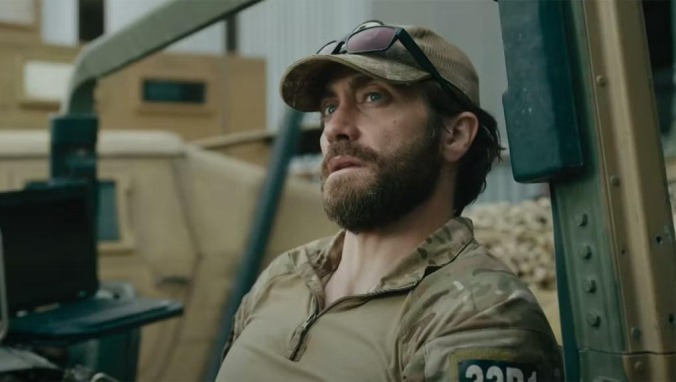Guy Ritchie’s The Covenant review: Jake Gyllenhaal can't rescue this Afghan war drama
Guy Ritchie bids for respectability, but fails to offer any new insights into an unpopular war or those who fought it

Guy Ritchie’s The Covenant might have its director’s name in the title, but it’s star Jake Gyllenhaal who evokes what the film is trying to be. It’s an action movie set during an unpopular war that becomes a survival story before finally morphing into a rescue-and-escape caper. Think of it as Gyllenhaal’s take on Rambo: First Blood Part II (1985) or The Revenant (2015) while trying very hard to be his American Sniper (2014). All three movies delivered boffo box office and acclaim for their respective stars; Sylvester Stallone, Leonardo DiCaprio, and Bradley Cooper. It’s a tried and true Hollywood tradition to try and replicate what worked before, and to emulate successful stars’ careers, but it’s doubtful Guy Ritchie’s The Covenant will do much for Gyllenhaal’s career.
He plays John Kinley, an army sergeant leading a small group of soldiers in a quest to locate explosive landmines 17 years into America’s war in Afghanistan. The story starts with an ambush that kills one of Kinley’s soldiers and their Afghan interpreter. The replacement interpreter is quickly introduced as the savvy and resourceful Ahmed (Danish actor Dar Salim of TV’s Borgen). The relationship between Kinley and Ahmed then moves to the center of the film. Kinley’s interactions with the other soldiers in the battalion are full of wisecracking innuendos and immodest bravado, reminiscent of the dialogue in Ritchie’s other, far less serious movies. His relationship with Ahmed is different, molded in the classic cinematic milieu of bro friendship. They start as taciturn and begrudgingly trustful then gradually become a full-fledged brotherhood ready to sacrifice their life for each other.
Unfortunately both characters are sketched only in the broadest terms. Kinley is the everyman American soldier; righteous, brave, in command, and respected by his fellow soldiers. Ahmed is his everyman Afghan helper. Kinley’s reasons for enlisting are never explained and Ahmed—who doesn’t even get a last name—is only afforded the simplistic explanation of trying to save his family. While that might be a compelling reason, the character doesn’t get much interaction with said family. There’s nothing deeper than that, all of it rather impersonal.
The script, credited to Guy Ritchie and the team of Ivan Atkinson and Marn Davies, has no take whatsoever on the war itself. The scope of what is covered is very narrow, just a few soldiers at the beginning, then dwindling to just the two lead characters. The audience gets no insight on what any of them think about the war or its morality. They seem to be only concerned with the tasks at hand. Words like “traitor” are bandied about, with no nuance given to the complexity of the situation.
